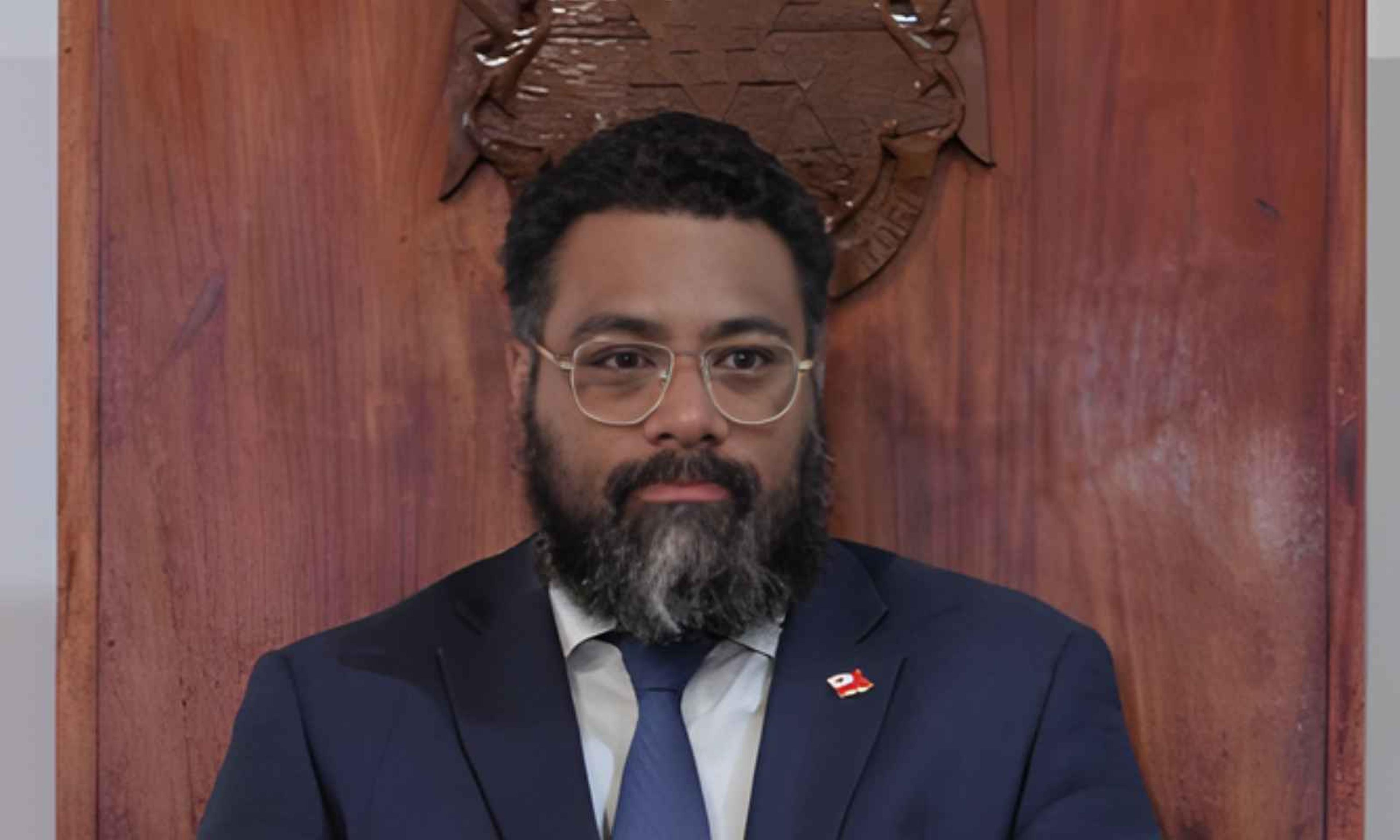

Dr Tupeni Baba has died aged 82.
Photo/supplied
'One of one': Tributes pour in for veteran Fijian politician and academic
The life and legacy of Fiji's former Deputy Prime Minister, Dr Tupeni Baba, were honoured following his death this week.


Pacific research marks 25 years of tracking children into adulthood
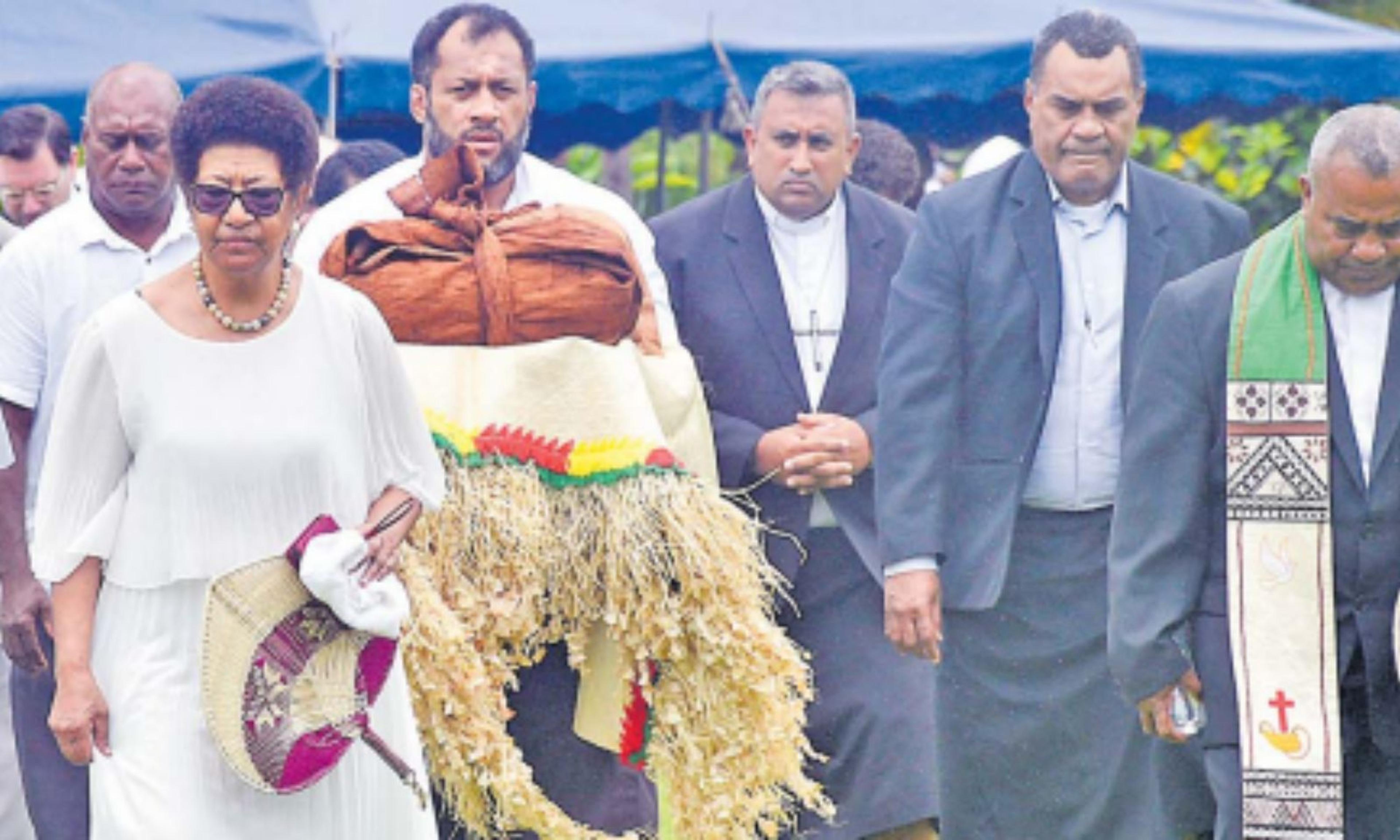
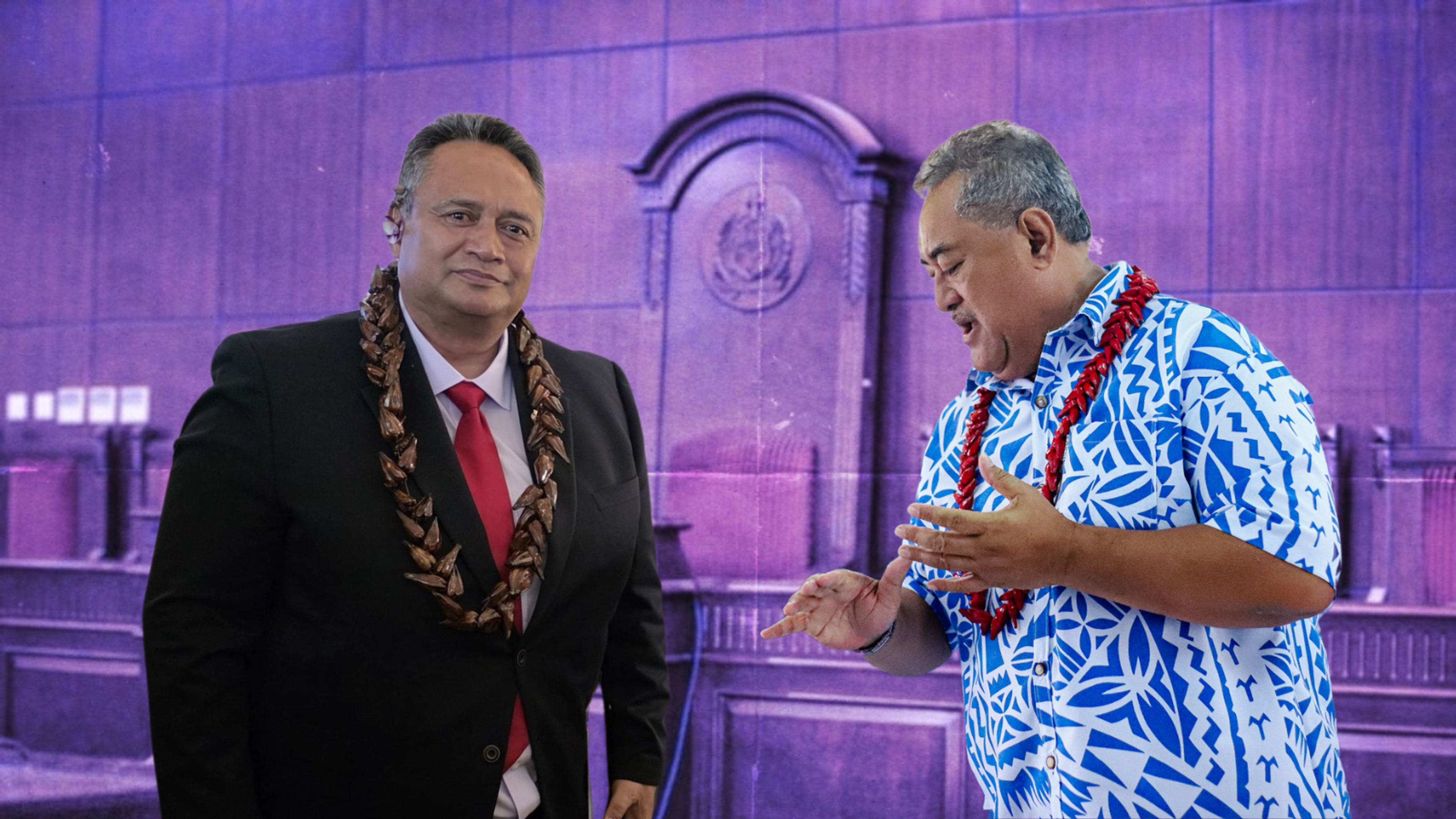
Sāmoa court blocks withdrawal of Falealili I election petitions

Tonga’s new PM sparks wide debate amid praise and concern

Pacific research marks 25 years of tracking children into adulthood


Sāmoa court blocks withdrawal of Falealili I election petitions
He was remembered as a man of decency, goodwill, humility and intelligence.
Hundreds of people gathered in Tailevu on Thursday to honour the life of the country's former deputy prime minister and academic Dr Tupeni Baba who died on Sunday, aged 82.
A Labour Party stalwart, he also founded the Social Democratic Liberal Party, Sodelpa.
Baba served as a Labour government minister in 1987 and 2000 but was removed from office by military coups, the first led by then army commander and now the country's Prime Minister Sitiveni Rabuka and in 2000 by failed businessman George Speight.
This coup was backed by the military's counter-revolutionary unit, which also attempted to oust then-army chief Frank Bainimarama.
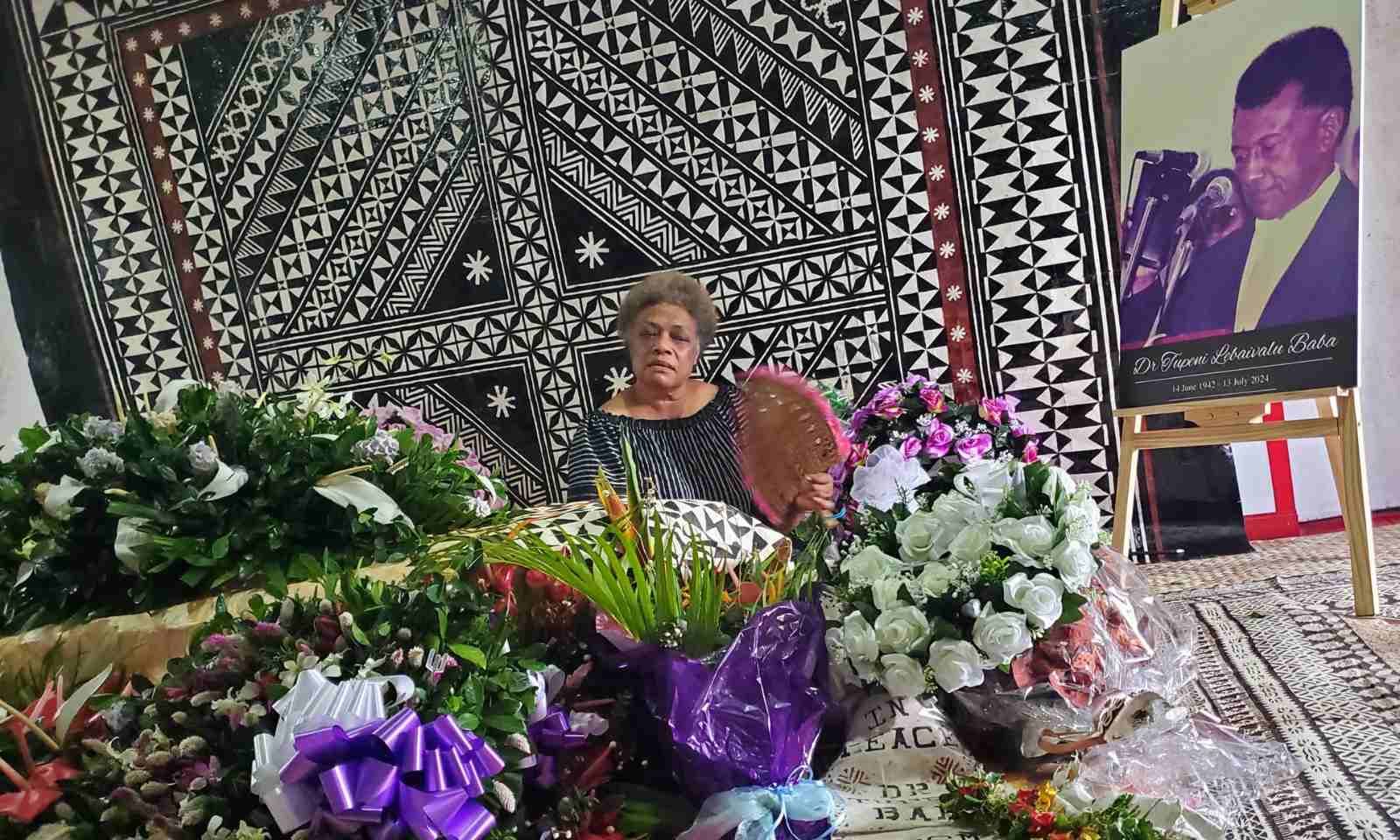
Unaisi Nabobo Baba sits by her husband's casket. Photo/supplied
Labour leader Mahendra Chaudhry, who was prime minister at the time of the 2000 coup, said Baba showed exemplary courage and fortitude during both political upheavals.
Baba was among the government MPs who were taken hostage by Speight and his men at gunpoint and held for more than 50 days.
Chaudhry said Baba refused to give in to intimidation by the gun-toting soldiers.
“Even though we were separated along racial lines and kept in separate locations, Dr Baba managed to keep in touch with me on developments. He was a constant source of strength and comfort to his colleagues.
“As my deputy PM, he managed to keep in touch with me through notes, providing his own opinion and advice on critical issues.”
Chaudhry said Baba had an affable, pleasant personality and was a strong advocate for social justice.
“Dr Baba had contributed significantly to Labour’s formative years and will be remembered for the legacy he left behind."
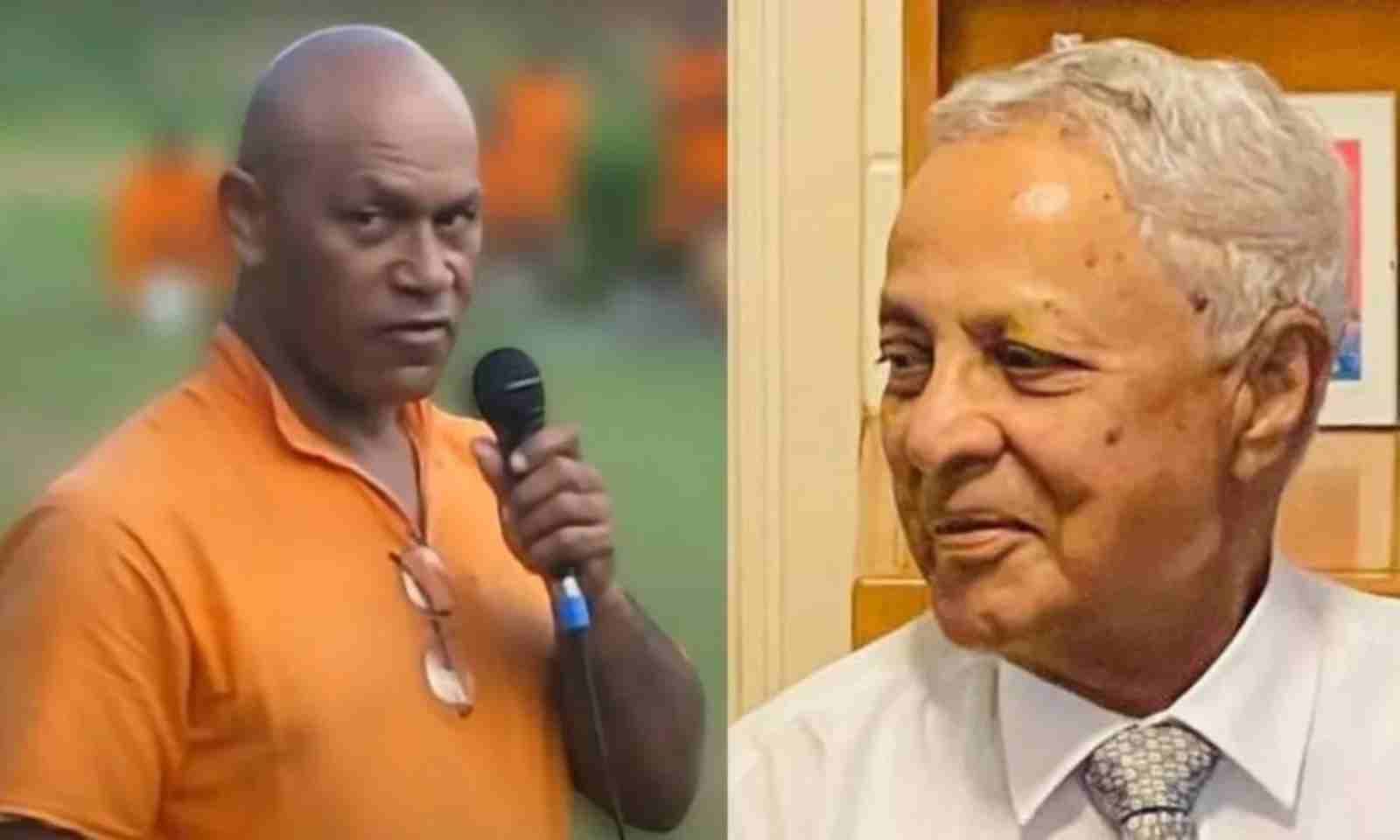
Jailed coup leader George Speight, left, and Fiji Labour Party leader Mahendra Chaudhry whose government was overthrown by the failed businessman and a group of soldiers in May 2000. Photo/supplied
In her eulogy at Baba's funeral service in Tailevu, University of Fiji's Vice-Chancellor Professor Shaista Shameem said he was respected as an academic, not only in Fiji but also across the Pacific.
Shameem said was a big supporter of education and this was why he remained with the university, emphasising human values in the delivery of the institution's programmes.
Rabuka's coalition government conveyed their condolences to the family, with National Federation Party leader and Deputy Prime Minister Biman Prasad saying Baba faced "insurmountable challenges" during his political career.
Prasad said Baba rose to the challenge, ensuring the protection of unity and national interest.
"He was not only a political comrade but a clear academic colleague from the University of the South Pacific.
"He never displayed any bitterness or acrimony and his support for reconciliation, tolerance, unity, and goodwill is best illustrated when he criticised his own party leader for going to India to block Fiji's re-admission into the Commonwealth following the 2000 coup."
Baba also served as Labour's minister for Foreign Affairs, while in the Timoci Bavadra-led government of 1987, he was minister for Education, Youth and Sports before they were removed.
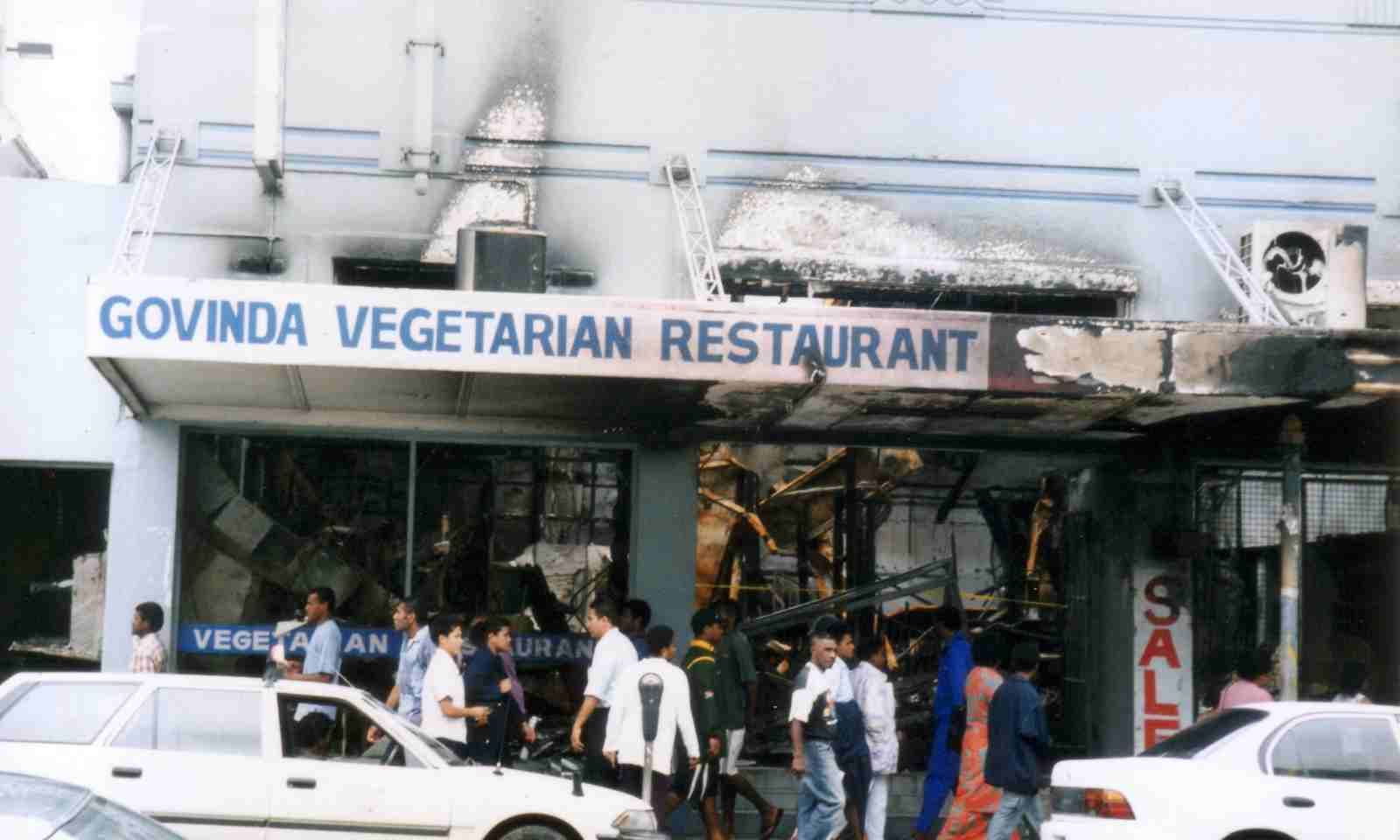
The torched remains of Govinda's Indian Restaurant in Suva following the May 2000 hostage crisis and associated rioting and looting of the capital's commercial district. Photo/supplied
Baba broke away from Labour and formed the New United Labour Party to contest the 2001 general election.
Unity Fiji Party leader Savenaca Narube, who worked for Baba in government, said the last time he met Baba was at last year's Ratu Sukuna Day celebrations.
"He spoke on the role of Ratu Sukuna. His sum-up was excellent and reflected his long experience as a professional educationist and politician.
“He would never try to control the proceedings but listened to all views. He was soft-spoken, diplomatic and his logic was hard to fault. He was a champion of multiracialism.
“Sadly, Professor Baba’s experience in politics was traumatic. He faced the full brunt of the military coups in 1987 and again in 2000 when he was detained in the old parliament complex in Veiuto. He overcame the traumatic experience and went back to teaching.
“Fiji has lost a true professional in the important field of education. A great loss. He was one of one."
In May 2005, Baba published the book Speight of Violence, which he co-authored with his wife Unaisi Nabobo and New Zealand journalist Michael Field.